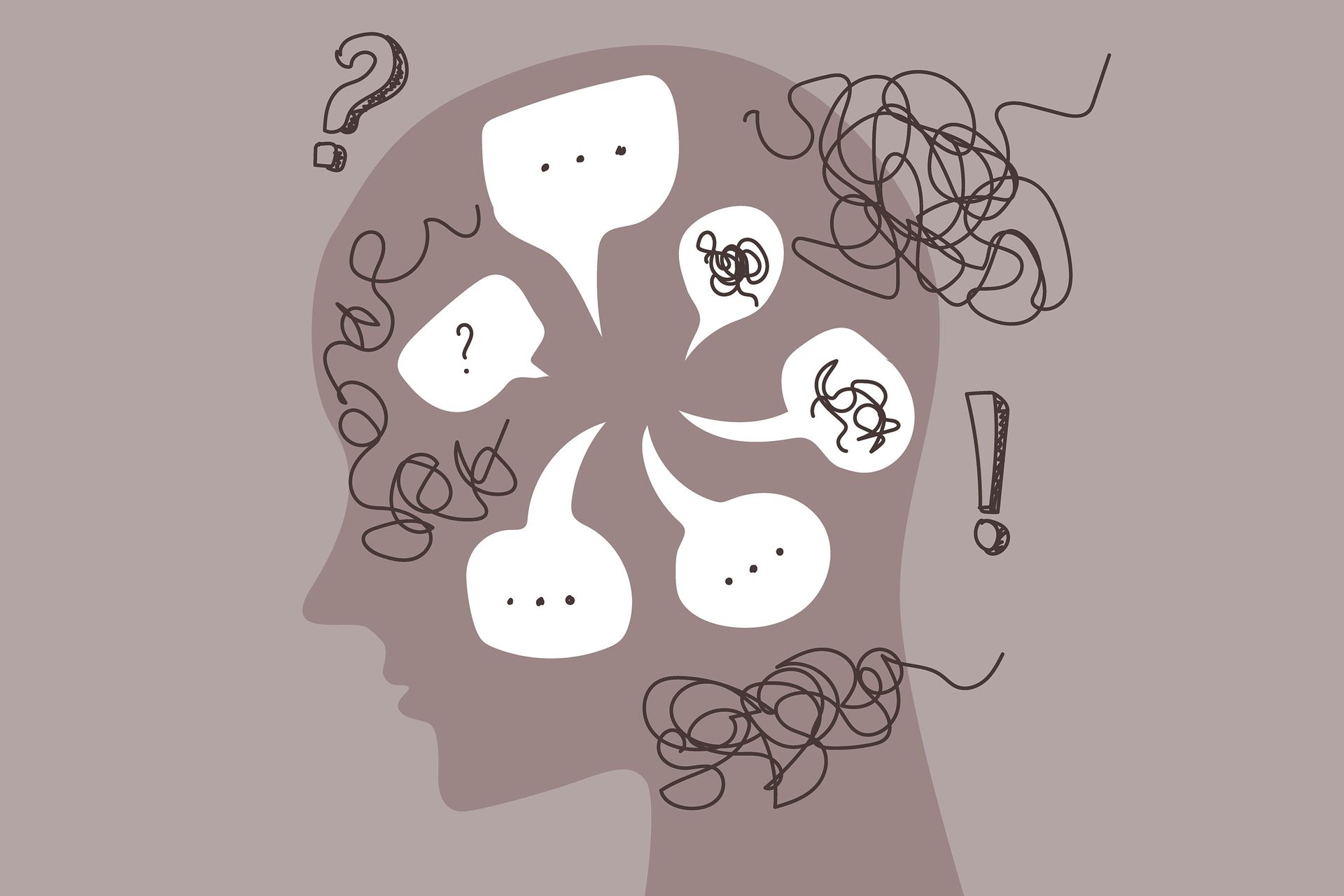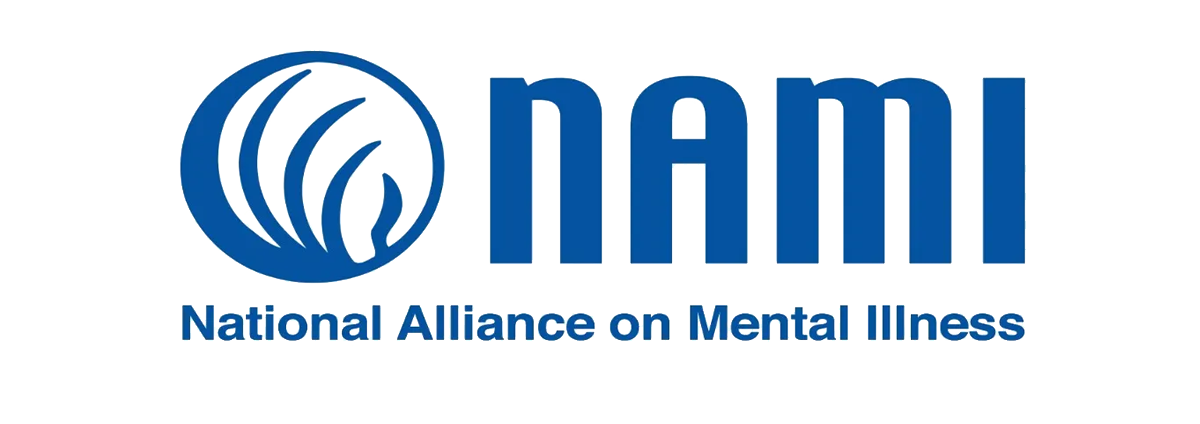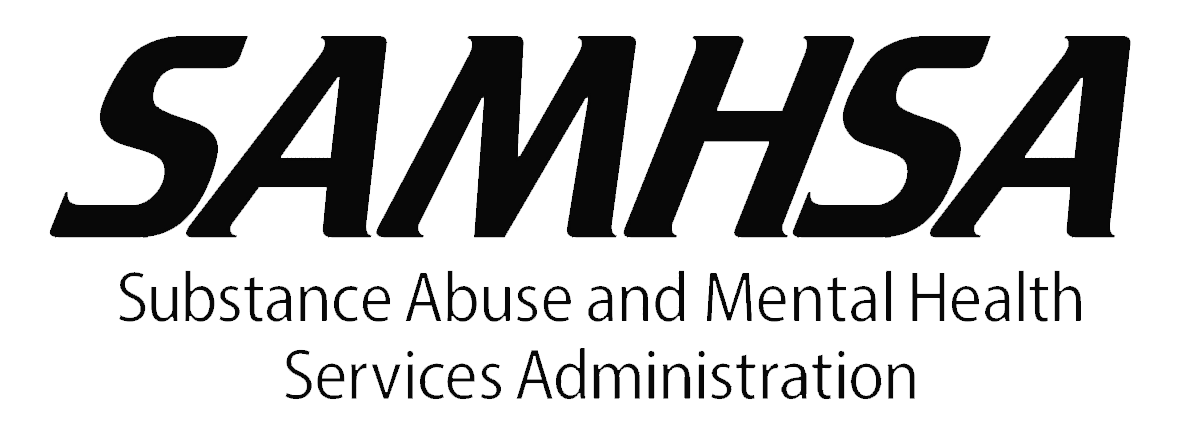Unraveling Anxiety: Empowering Strategies for Coping and Healing

In today's fast-paced and demanding world,
it's no surprise that anxiety has become a prevalent issue for many individuals. Whether it's triggered by work-related stress, personal challenges, or the uncertainties of life, anxiety can significantly impact our well-being and overall quality of life. However, there is hope. By understanding anxiety and implementing effective coping strategies, it's possible to reclaim control and find inner peace. In this blog post, we will explore anxiety, its common manifestations, and share empowering techniques to help you cope with and overcome anxiety.
Understanding Anxiety:
Anxiety is a natural response that our bodies employ to perceive potential threats or dangers. It can manifest in various ways, such as general anxiety disorder, panic disorder, social anxiety, or specific phobias. Symptoms may include persistent worry, restlessness, irritability, difficulty concentrating, and physical manifestations like rapid heartbeat, shortness of breath, or gastrointestinal issues.
Cultivating Coping Mechanisms:
1. Deep Breathing and Meditation:
Deep breathing exercises and meditation are powerful tools to calm an anxious mind. Focus on slow, deliberate breaths, inhaling through your nose and exhaling through your mouth. Practice mindfulness meditation to observe your thoughts without judgment and bring your attention to the present moment.
2. Regular Exercise:
Engaging in physical activities, such as running, yoga, or swimming, releases endorphins that promote a sense of well-being and reduce anxiety. Aim for at least 30 minutes of exercise per day to reap the benefits of increased serotonin levels and reduced stress hormones.
3. Prioritize Self-Care:
Make self-care a priority in your daily routine. Take breaks when needed, indulge in activities that bring you joy, practice good sleep hygiene, and ensure you maintain a balanced diet. Nourishing your body and mind supports overall emotional well-being.
4. Seek Support and Connection:
Reach out to trusted friends, family, or mental health professionals for support. Sharing your feelings and experiences can provide comfort and reassurance, and they may offer valuable perspectives or coping strategies. Support groups or online communities can also be great sources of understanding and encouragement.
5. Challenge Negative Thoughts:
Anxiety often feeds on negative thinking patterns. Challenge your thoughts by questioning their validity and replacing them with more realistic and positive alternatives. Cognitive-behavioral therapy (CBT) techniques can be helpful in identifying and restructuring negative thought patterns.
6. Establish a Routine:
Creating a structured routine can provide a sense of stability and reduce anxiety. Plan your days, including specific times for work, leisure, relaxation, and self-care activities. Knowing what to expect helps alleviate uncertainty and brings a sense of control.
7. Practice Relaxation Techniques:
Explore relaxation techniques like progressive muscle relaxation, guided imagery, or aromatherapy. Find what resonates with you and incorporate it into your daily routine to promote a state of calmness and relaxation.
8. Limit Exposure to Triggers:
Identify triggers that contribute to your anxiety and limit your exposure to them. This might involve reducing time spent on social media, avoiding stressful environments or situations, or setting healthy boundaries to protect your well-being.
While anxiety can be overwhelming, it's important to remember that you have the power to manage it and regain control of your life. Experiment with different coping mechanisms to find what works best for you, and remember that healing is a journey that takes time and patience. Embrace self-compassion and reach out for support when needed. With a proactive approach and the right strategies, anxiety can become a challenge you can overcome, leading to a more peaceful and fulfilling life.













